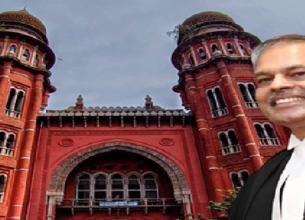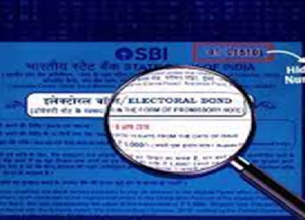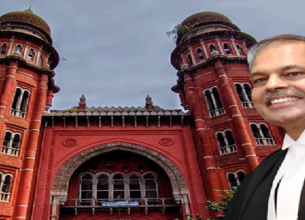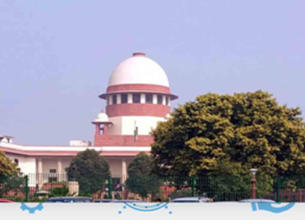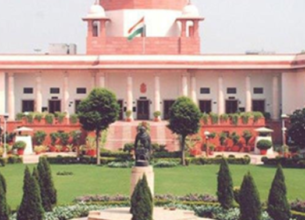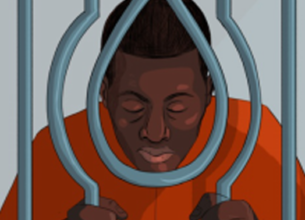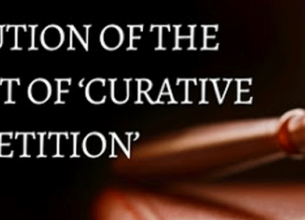MERCY PETITION
31, Jan 2020
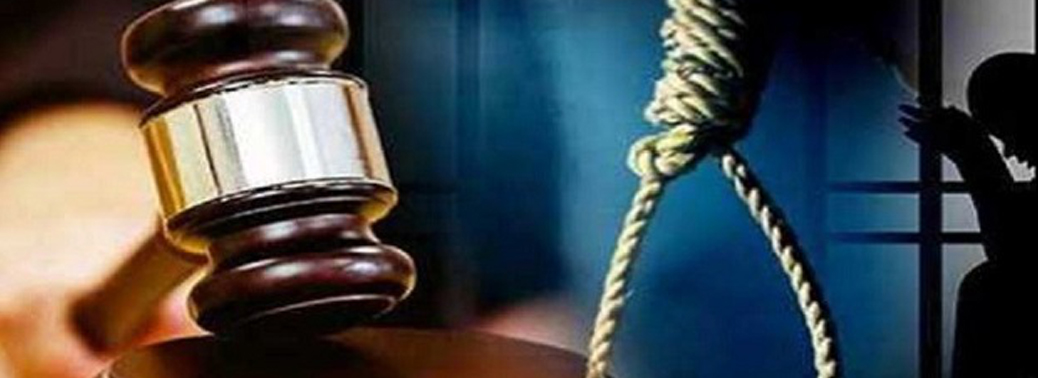
Prelims level : Judiciary
Mains level : GS-II Structure Organization and Function of Executive and the Judiciary Ministries of the Government: Pressure Groups and formal/informal Associations and their Role Polity
Why in News?
- The Supreme Court reserved its verdict on a petition by December 16, 2012 gangrape-murder convict Mukesh Kumar Singh, who had challenged the dismissal of his mercy plea by President Ram Nath Kovind.
Highlights:
- The case dates back to December 16, 2012, when a 23-year-old woman was gangraped and assaulted inside a moving bus in South Delhi by six persons, before being thrown out on the road. She died on December 29, 2012, at a hospital in Singapore.
President’s Clemency Powers:
-
- Under the Constitution of India (Article 72), the President of India can grant a pardon or reduce the sentence of a convicted person, particularly in cases involving capital punishment. A similar and parallel power vests in the governors of each state under
- Article 161.
- The pardoning power of the president is not absolute. It is governed by the advice of the Council of Ministers. This has not been discussed by the constitution but is the practical truth.
- Both the President and Governor are bound by the advice of their respective Councils of Ministers and hence the exercise of this power is of an executive character. It is therefore subject to Judicial Review as held by the Supreme Court of India in the case of Maru Ram v. Union of India (1980). It was subsequently confirmed by Kehar Singh v. Union of India [1988].
- In the case of Epuru Sudhakar & Anr vs Govt. Of A.P. & Ors [2006] , Supreme Court, it was held that clemency is subject to judicial review and that it cannot be dispensed as a privilege or act of grace.
- There are five different types of pardoning which are mandated by law.
- Pardon:means completely absolving the person of the crime and letting him go free. The pardoned criminal will be like a normal citizen.
- Commutation:means changing the type of punishment given to the guilty into a less harsh one, for example, a death penalty commuted to a life sentence.
- Reprieve:means a delay allowed in the execution of a sentence, usually a death sentence, for a guilty person to allow him some time to apply for Presidential Pardon or some other legal remedy to prove his innocence or successful rehabilitation.
- Respite:means reducing the quantum or degree of the punishment to a criminal in view of some special circumstances, like pregnancy, mental condition etc.
- Remission:means changing the quantum of the punishment without changing its nature, for example reducing twenty year rigorous imprisonment to ten years.
- These powers are Applicable:
- In all cases where the punishment or sentence is by a court martial;
- In all cases where the punishment or sentence is for an offence against any law relating to a matter to which the executive power of the Union extends;
- In all cases where the sentence is a sentence of death.



